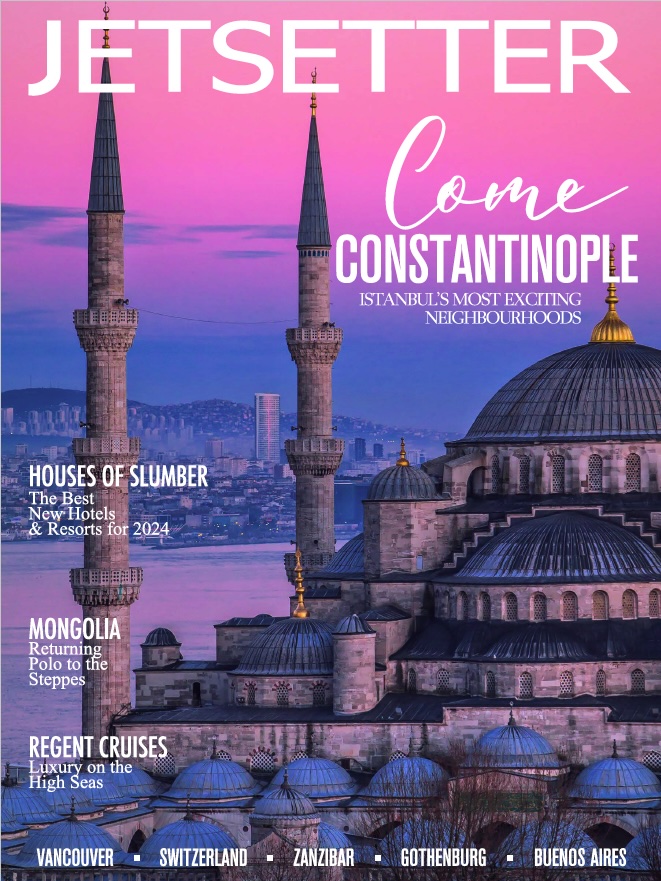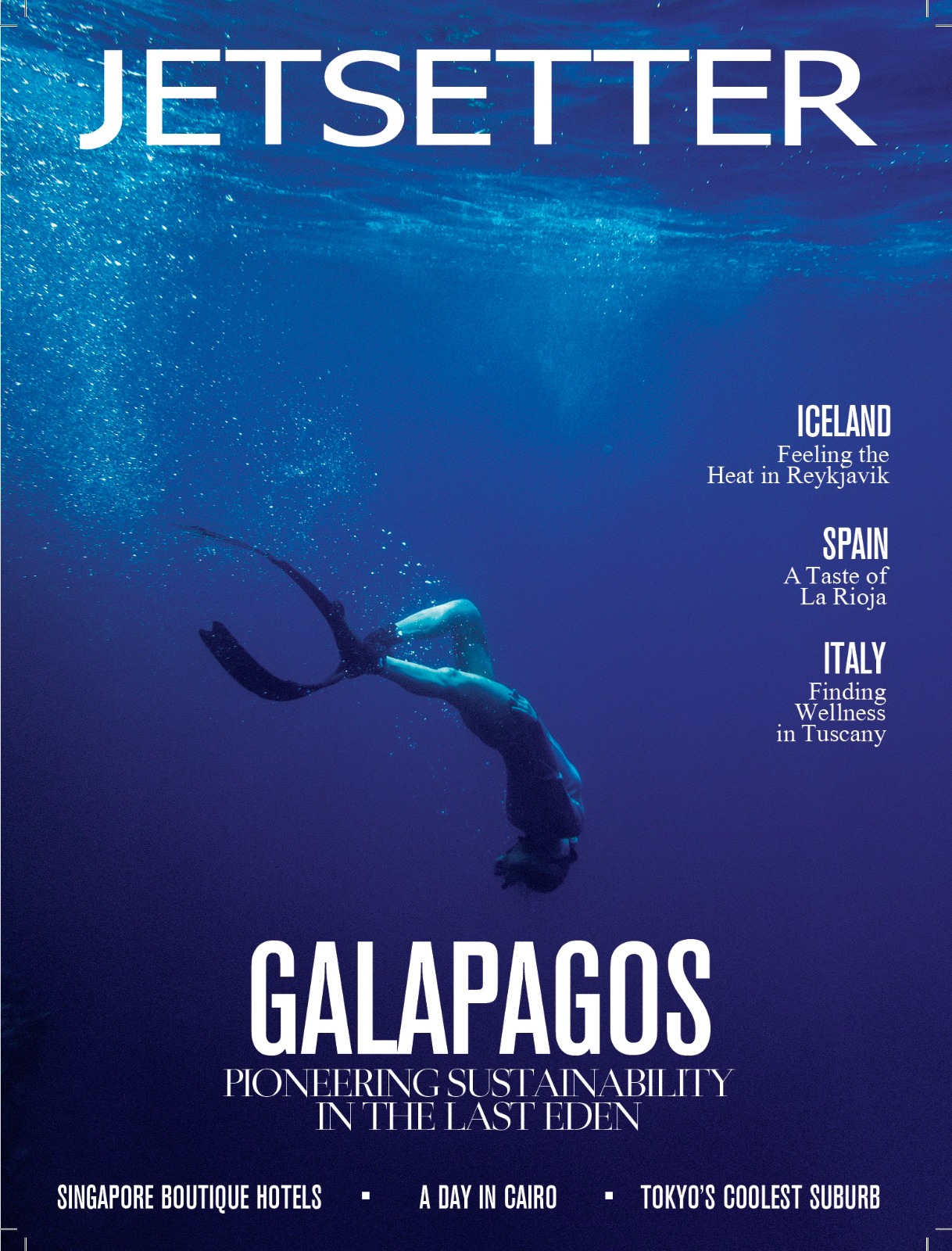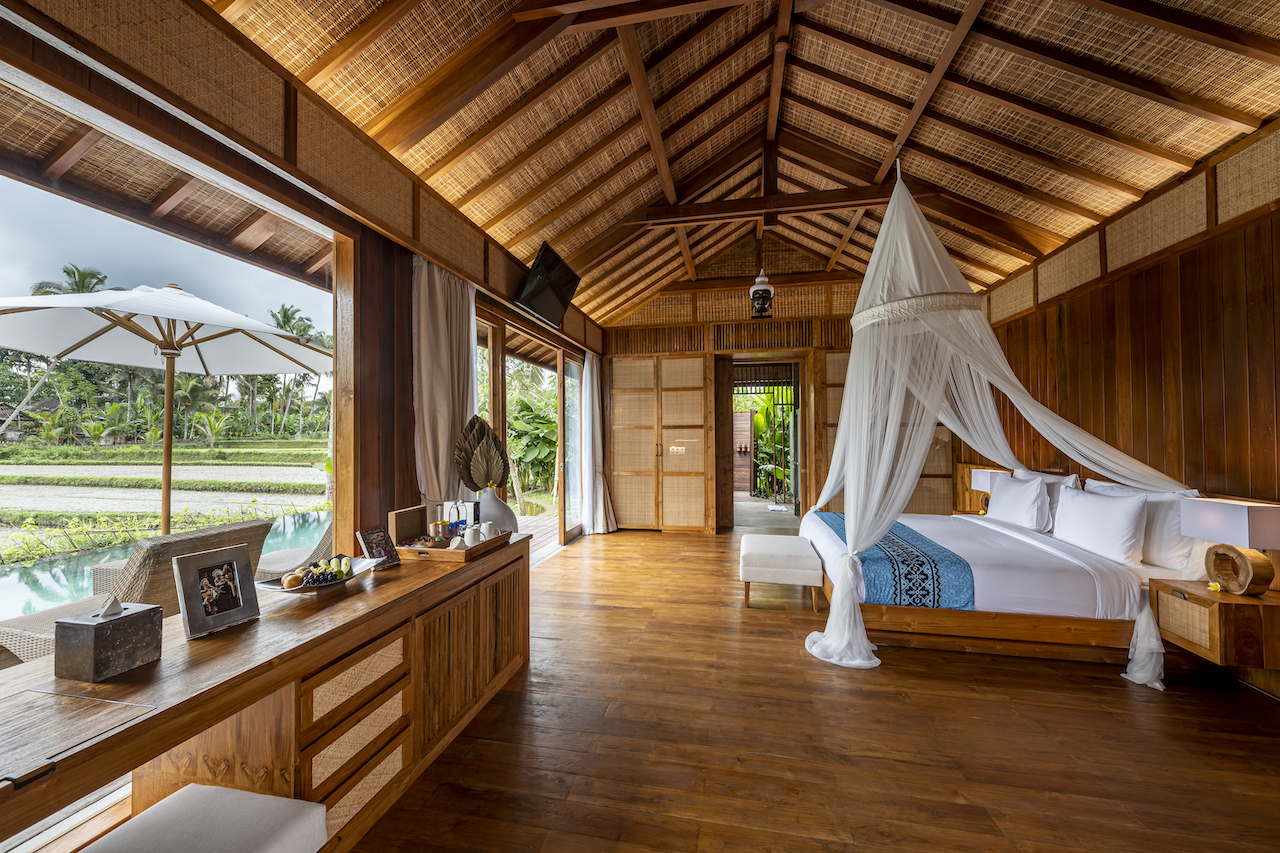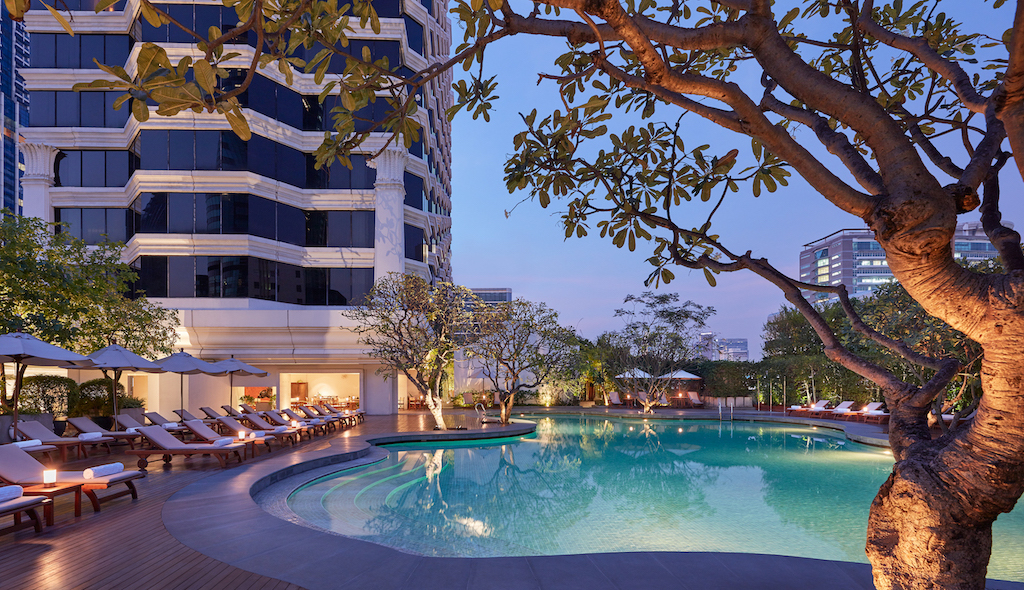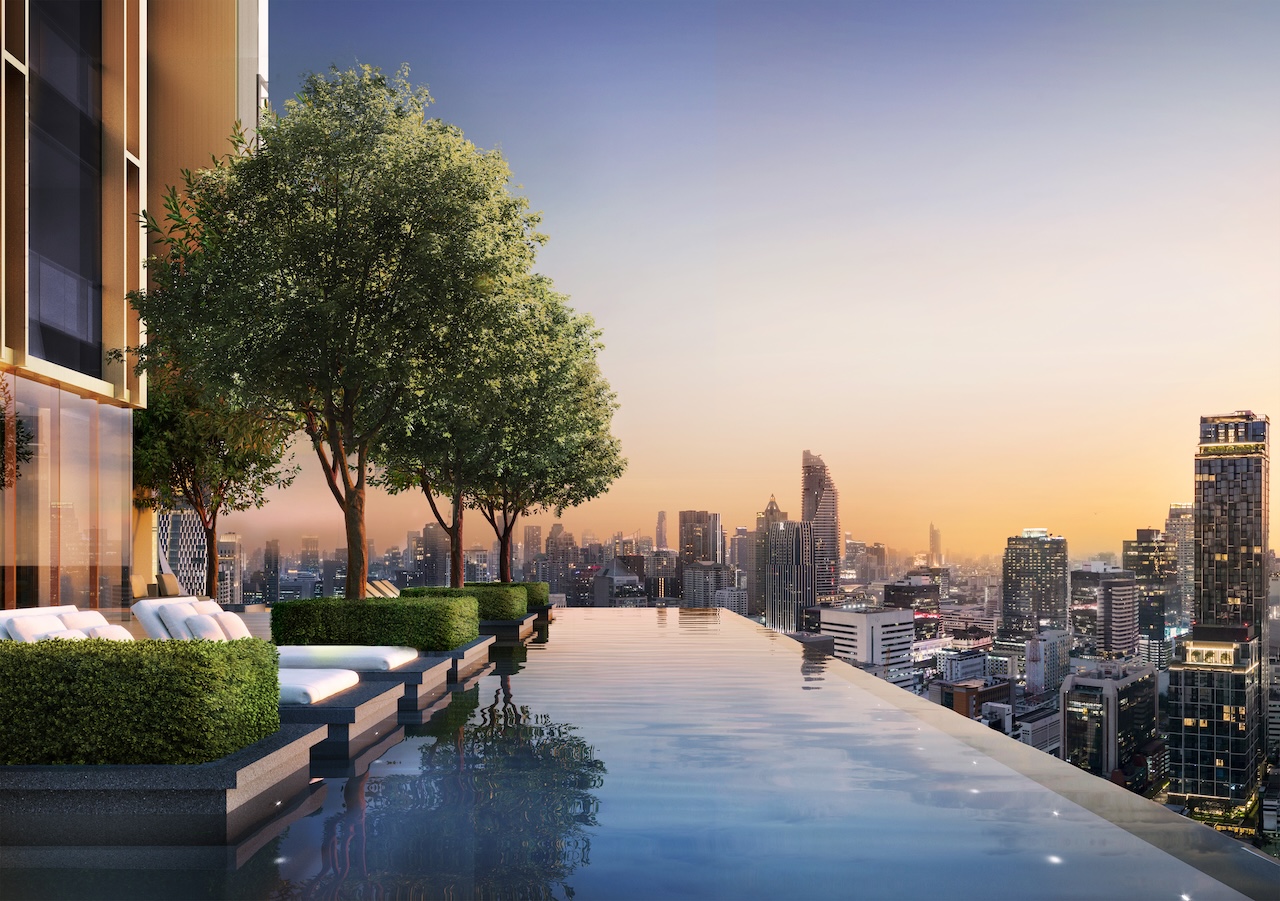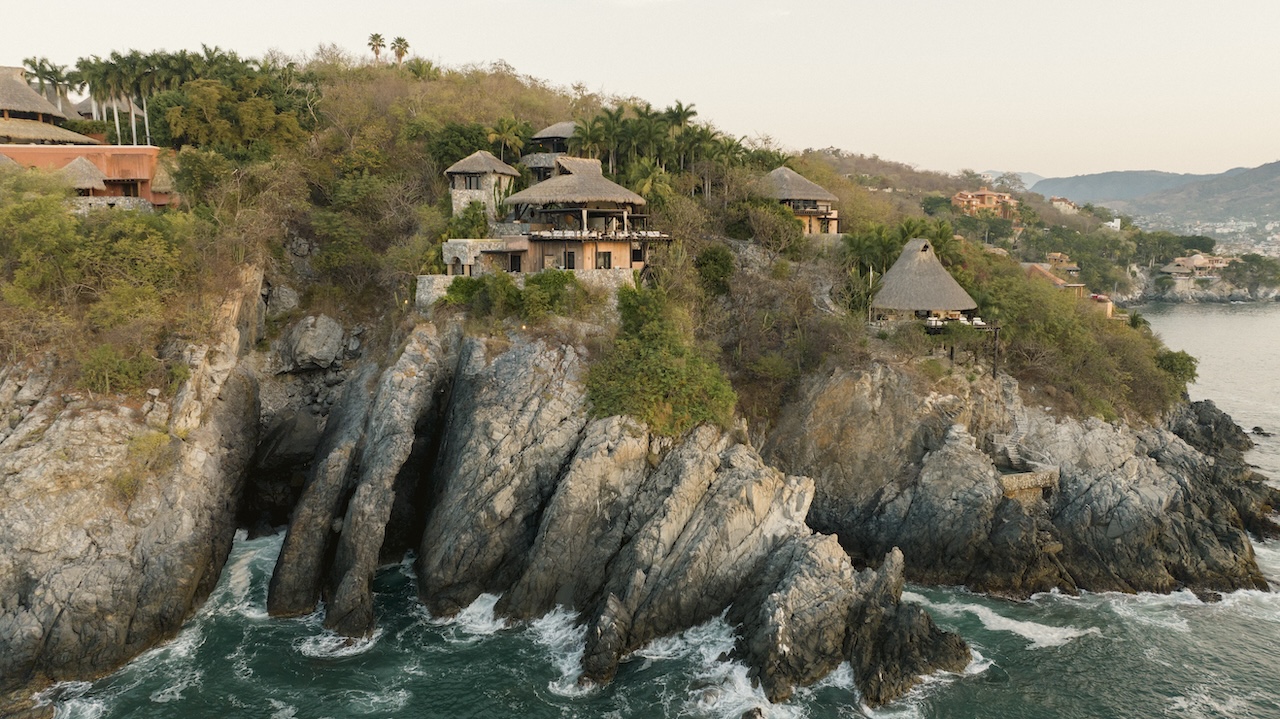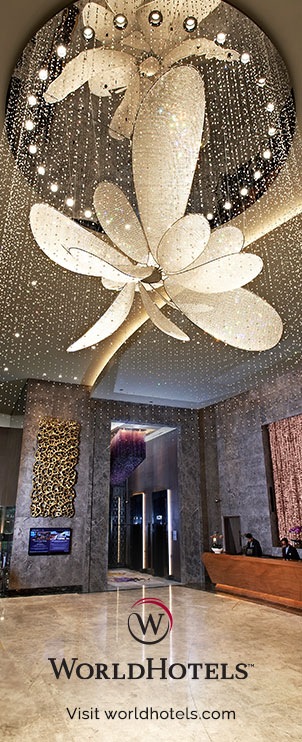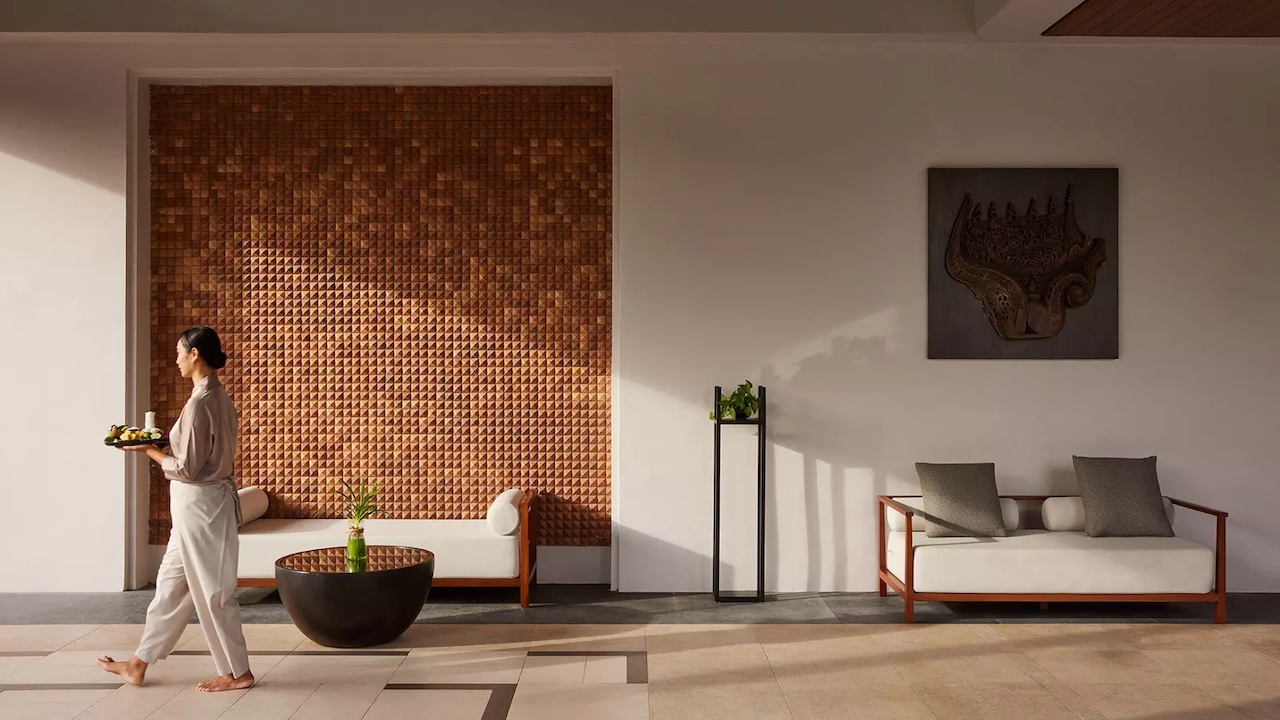

Banyan Tree further shores up its reputation as a leading eco-brand with improvements to its food chain and the introduction of the Stay for Good Programme among other initiatives.
Transforming a polluted tin mine into the all-pool villa paradise that is Banyan Tree Phuket was no mean feat for the hotel group’s founder Ho Kwon Ping. In 1984 he purchased a piece of land in Bang Tao that he felt was the ideal location for a resort, but quickly discovered it would first need to undergo a decade-long regeneration programme that included the reintroduction of 7,000 indigenous trees.
READ: The Italian Host with the Most
Fast forward to 2023 and the Singaporean-based hotel group now owns 70 properties – recent openings include Angsana Ho Tram and Folio Sakura Shinsaibashi Osaka – but despite its considerable portfolio, the vision to create a naturally luxurious and ecologically sensitive hospitality brand remains firmly in place.
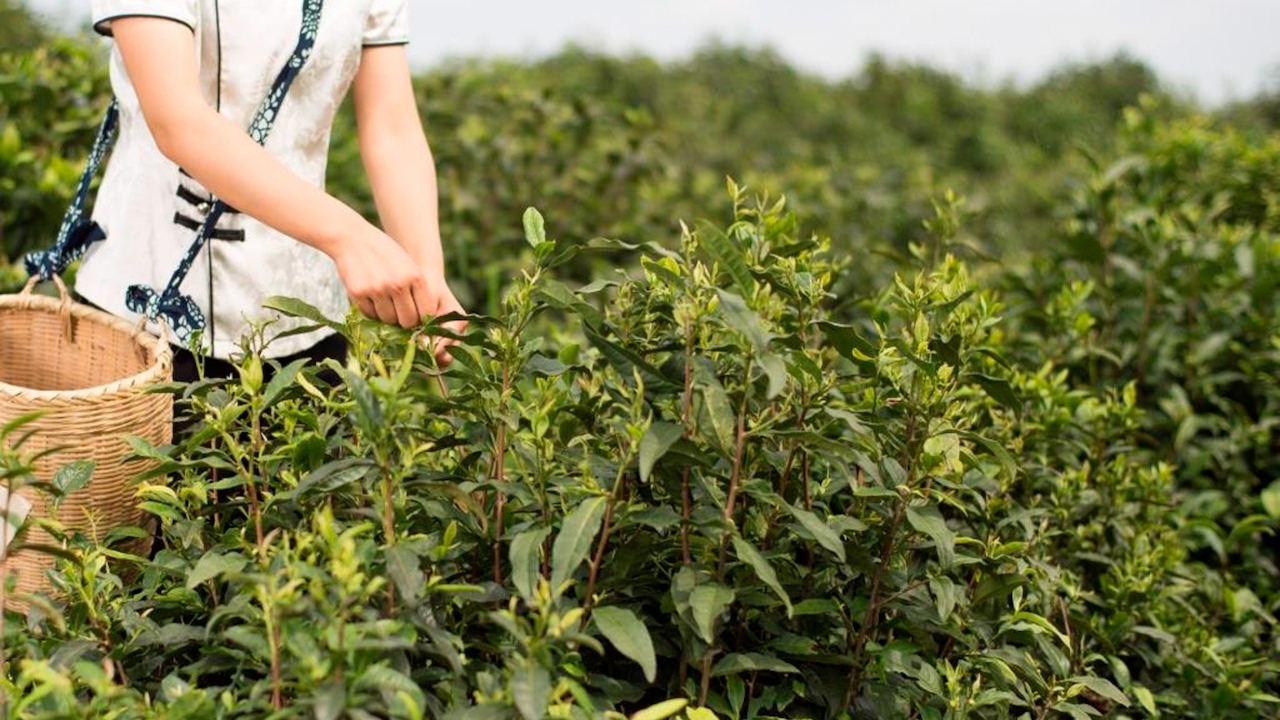
This trailblazer in sustainable tourism, a founding signatory of the United Nations Global Compact in Singapore, had plenty to shout about in its annual Sustainability Report for 2022. Compulsory waste monitoring and recycling tracking was implemented at all properties, with use of single use plastic down almost a third (32 per cent) compared to 2017. Last year, Banyan Tree Holdings planted 5,114 corals in locations including the Maldives and Bintan, and safely released 876 turtle hatchlings in Thailand, Vietnam, Indonesia, and Mexico.
READ: Where You Should be Dining in San Francisco
Broadcasting stories of how communities around the world are embracing the challenge of climate change and overcoming societal and environmental challenges, Banyan Tree’s Possibility Podcast, hosted by travel journalist Kathryn Romeyn, provides a platform to sustainability pioneers globally.
The podcast has featured interviews with I Wayan Wardika, a Balinese “desapreneur” pioneering waste management and environmental education in his community, and Purnima Shrestha, a climber and photojournalist on a mission to save the Himalayas through climate change activism, among others.
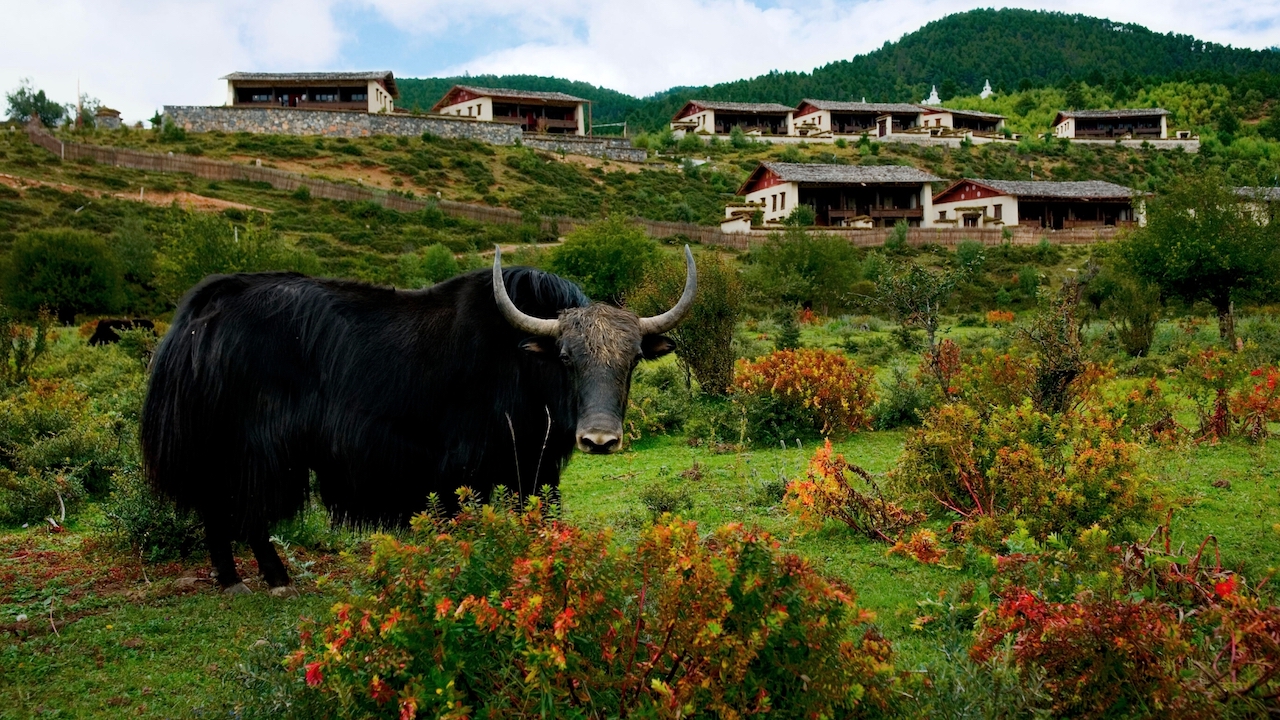
Every year, roughly one-third, or approximately 1.3 billion tonnes, of the edible parts of food produced for human consumption are lost or wasted globally. Recognising that a significant portion of environmental impact stems from its food supply chain, Banyan Tree has now rolled out a series of sustainable food policies, including the introduction of the Meatless Monday programme in all associate restaurants and partnerships with organisations such as Humane Society International to develop best practices on food sourcing to protect animal welfare.
READ: Krabi’s Best Dining Experience Just Got Better
In addition, there’s a commitment to achieve sustainable sourcing for 50 per cent of all seafood by 2025. Guests can also take comfort from the fact that all Banyan Tree eggs will be cage-free by 2025, with several properties such as Banyan Tree Phuket, Dhawa Xi’an Chanba, and the upcoming Homm Tu Le already using cage-free eggs exclusively.
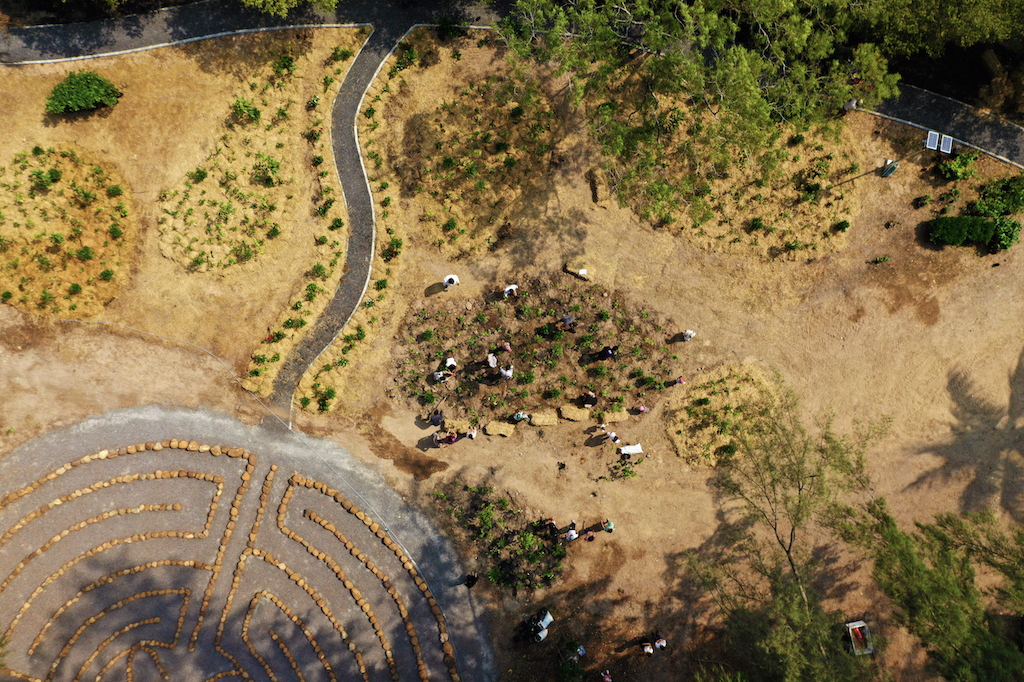
Over at the recently-launched Banyan Tree Escape — Buahan in Bali, there’s even a zero-mile cuisine initiative, with nearby Singaperang Village supplying ingredients to its zero-waste restaurant, Open Kitchen, with seasonal and local produce sourced from a small radius around the farm to minimise carbon footprint. The Botanist Bar at Buahan is also one of more than 10 Banyan Tree locations with an on-property farm: there are others at Laguna Phuket, Banyan Tree Lijiang and Garrya Tongsai Bay Samui.
READ: A Modern Master Uncovered
Other new eco-conscious initiatives include the hotel’s Stay For Good programme, which encourages a deeper connection with each destination while honouring heritage and traditions and creating more opportunities for local communities. Highlights include touring the Singaperang Village, where guests can forage for native fruit and edible plants such as winged beans, peppercorns and cemcem leaves on a local farmer’s land, and sample raw honey from stingless bees.
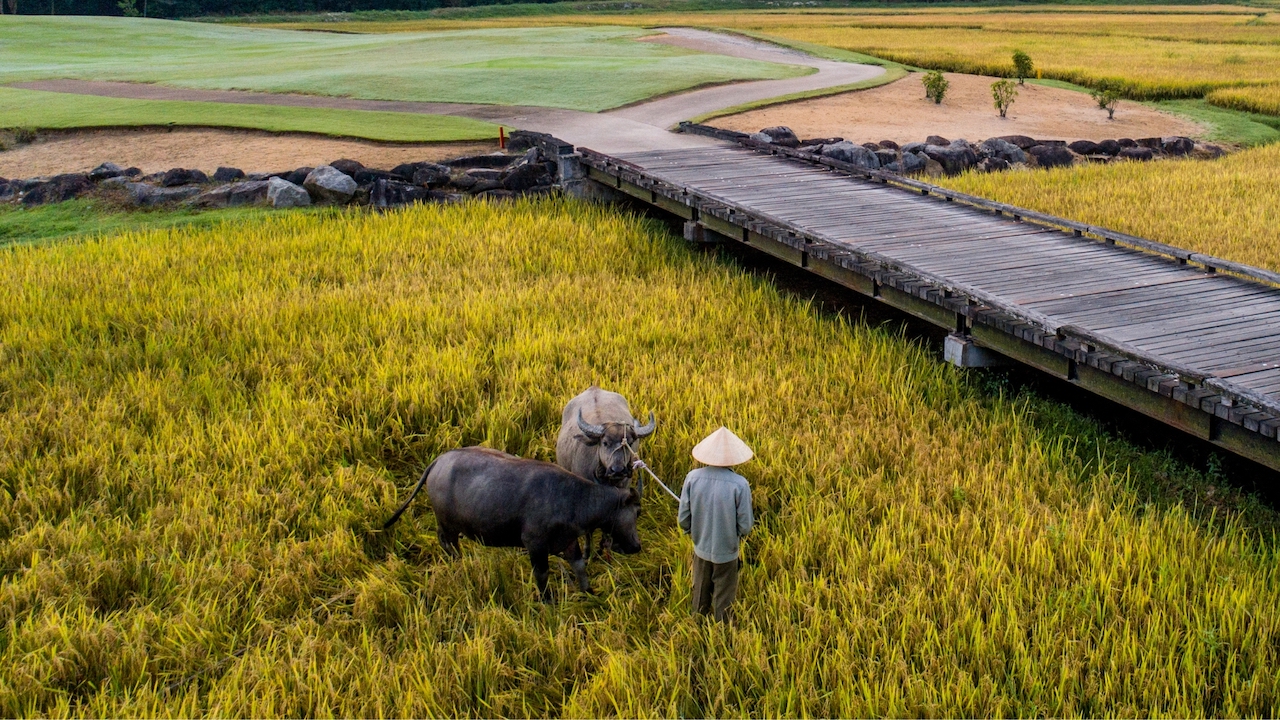
Those staying at Nijo Castle Kyoto, meanwhile, can tour a traditional home with a thatched roof before attempting to make one themselves by tying strands of susuki grass together under expert guidance. Following the debut of several Asia-based initiatives, the programme will be rolled out to all Banyan Tree Group properties worldwide.
For more Hotels, Lodges & Resorts click here.


